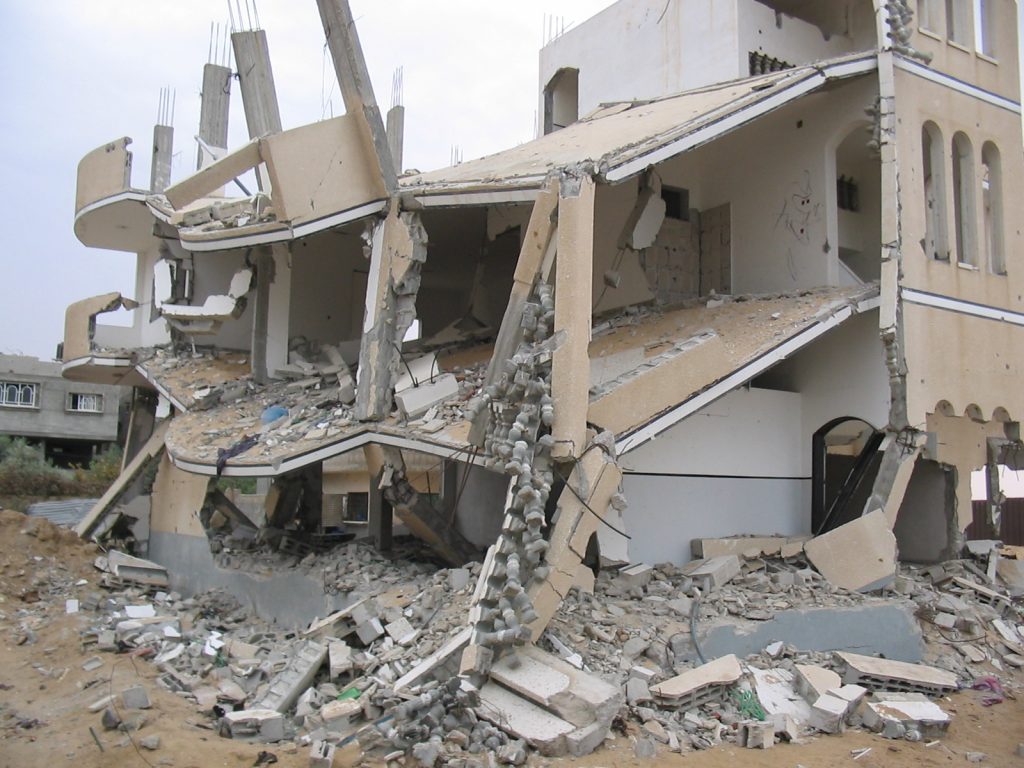Edward Said died last fall, and his loss has been felt throughout the Arab world. When I was in Palestine, in both Gaza City and Ramallah, there were posters all over the place commemorating Said’s life. It’s hard to think of an intellectual whose death would be greeted in such a popular, populist way in the United States.
Said was a literature professor at Columbia University and known especially for his work, Orientalism, as well as for his advocacy of the Palestinian cause. In this last collection of interviews, Culture and Resistance: Conversations with Edward Said, David Barsamian, who directs Alternative Radio, asks Said questions about the Palestinian struggle in the last few years marked by the second intifada, the raised stakes after 9.11, and more.
For someone unfamiliar to Said’s work, this would be a good introduction to his passion, range of concern, and insight on these non-literary matters (for more of the latter, see his recent collections of essays, Reflections on Exile).
Said reminds his listeners in the original programs and now his readers that the Israel-Palestine “conflict” is really an asymmetrical one: “The Palestinians throw stones, the Israelis have missiles, jets, helicopter gunships, tanks, and rockets. The Palestinians are resisting military occupation.” [34] “This is not a battle between two states. It’s a battle in which a state with a basically colonial army is attacking a colonized stateless population using all forms of collective punishment.” [71-72]
Moreover, as the word terrorism has become a kind of political mantra, as if the evil of bin Laden and Hussein is all that really matters, Said critically examines the use of this term. For example, “[Terrorism] is fabricated to keep the population afraid, insecure, and to justify what the United States wishes to do globally.” [89] I can testify to this as I gave a talk to some high school students who get terrified when they learn of a higher level of “alert” announced by the Bush administration. Also, we can see how eerily accurate Said was when he said a couple weeks after 9.11, that “‘Terrorism’ has become synonymous now with anti-Americanism, which in turn has become synonymous with being critical of the United States, which in turn has become synonymous with being unpatriotic.” [111]
Another major theme of Said’s work is the importance of telling the story of the Palestinians, which may sounds simple enough. But the story has been greeted by denial, by insult, by lies. The simple act of speaking about 1948 – and the dispossession of the Palestinians as a result of the founding of the state of Israel – is essential to understanding the conflict today and why refugees weren’t enamored of the Geneva Accord, which basically nullifies their right of return. In the United States, especially, we have been bombarded with the Israeli Jewish narrative, tied up with narratives about the Holocaust. We have not heard the Palestinian side or story with anywhere near the same intensity and frequency. With the passing of Said, the Palestinian cause has lost one of its greatest advocates and articulators.
In this collection, Said is relentlessly critical of Israeli checkpoints, home demolitions, closures, settlements, and assassination policy. But his scorn is not for Israel alone, but also for the US and the intellectuals who support, sustain, and justify this oppression of an entire people. For all that, though, Said voices a positive, constructive and compelling alternative vision to the status quo: “I do think, however, that the settlements have to be dismantled and the populations have to face each other as not only neighbors but in fact in coexistence, in one basically homogeneous state, which we call historic Palestine, whether you call it Israel or a Palestinian state. The economies and the histories are so intertwined that I still think that in the end a binational state is the only long-term solution.” [63]
Referring to the U.S. ideological system, Noam Chomsky once observed, “You’re taught to be a passive, obedient follower. Unless you can break out of those habits, you’re likely to be a victim of propaganda. But it’s not that hard to break out.” One way to begin to break such habits is to engage with the profoundly critical and humane writing of Edward Said.

Yibneh, Gaza, Palestine; November 2003